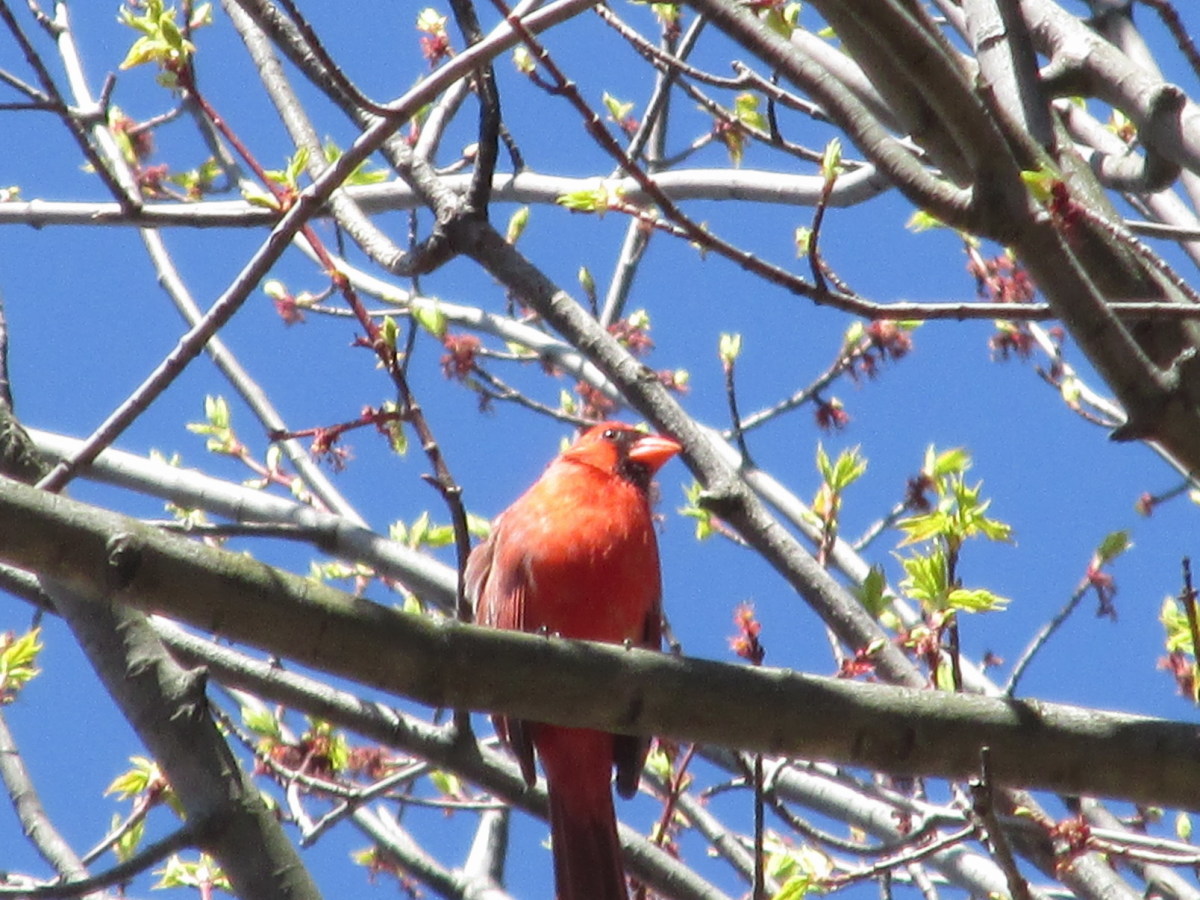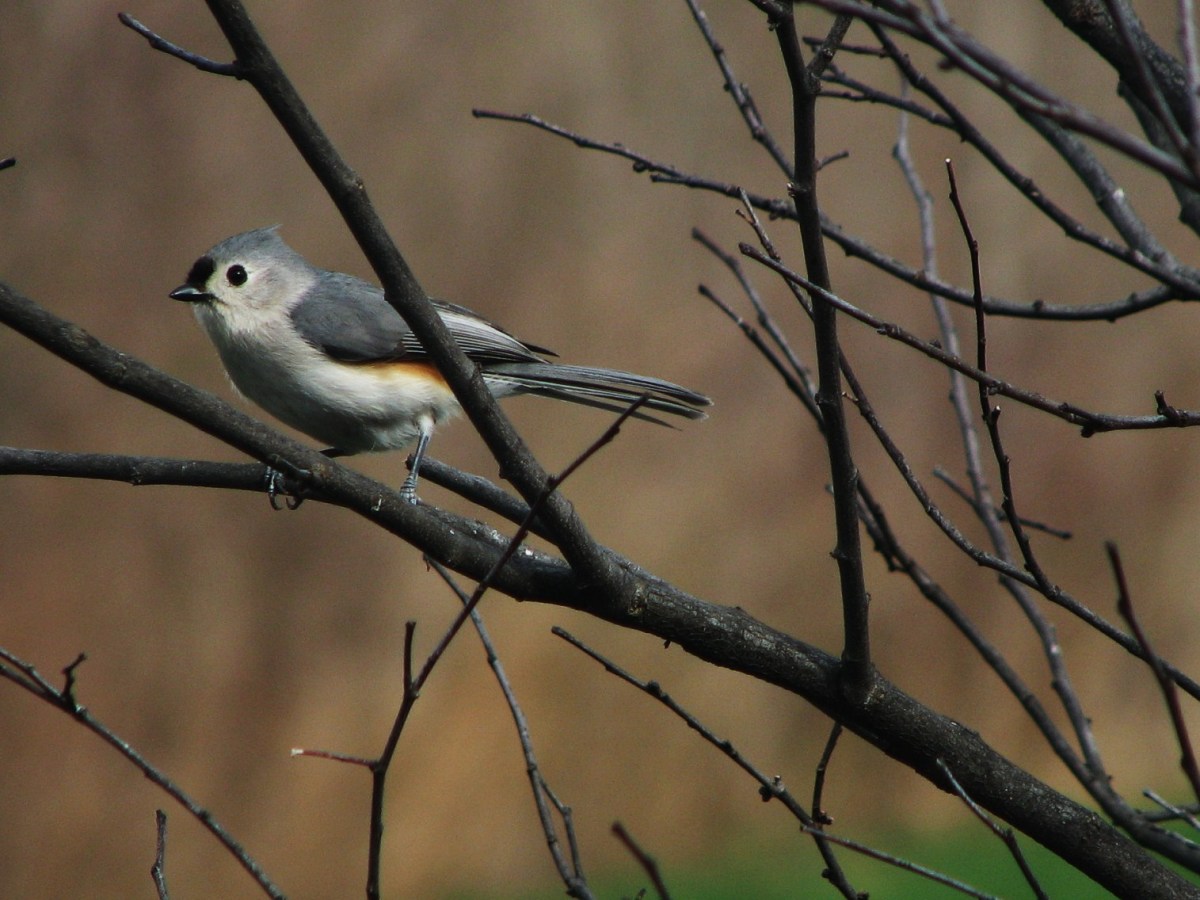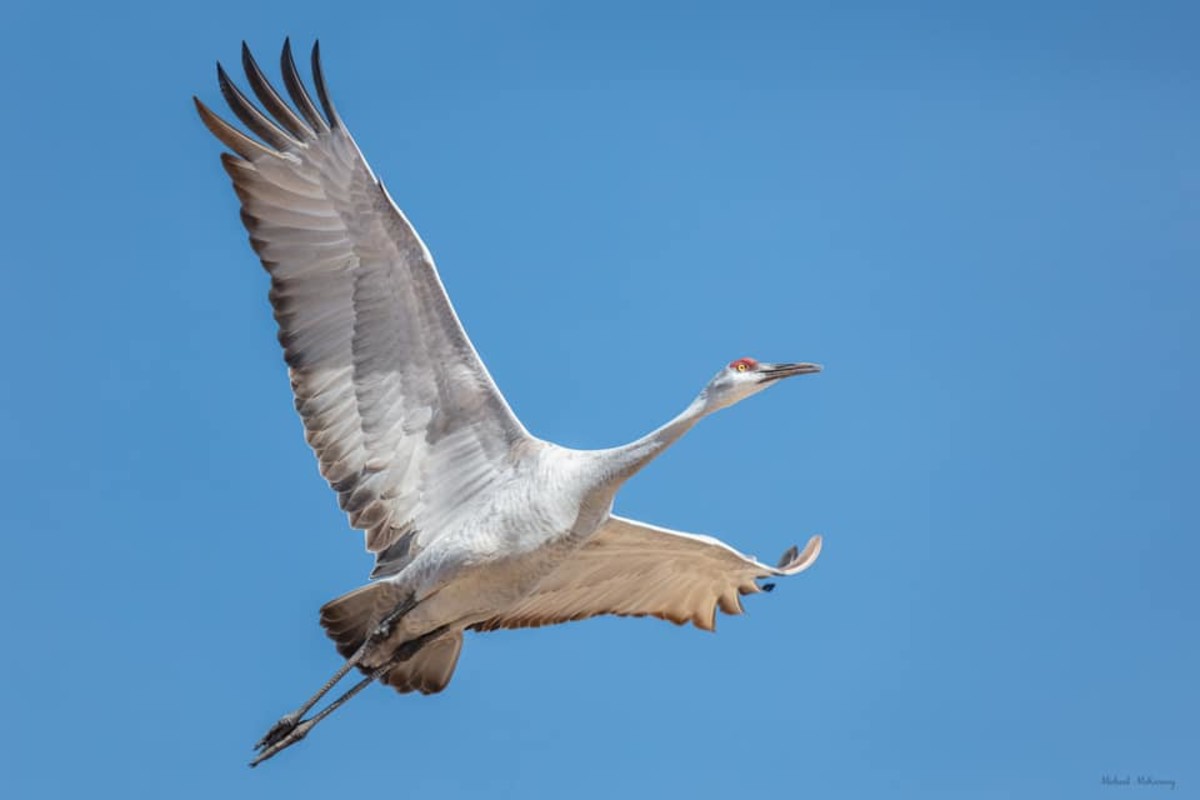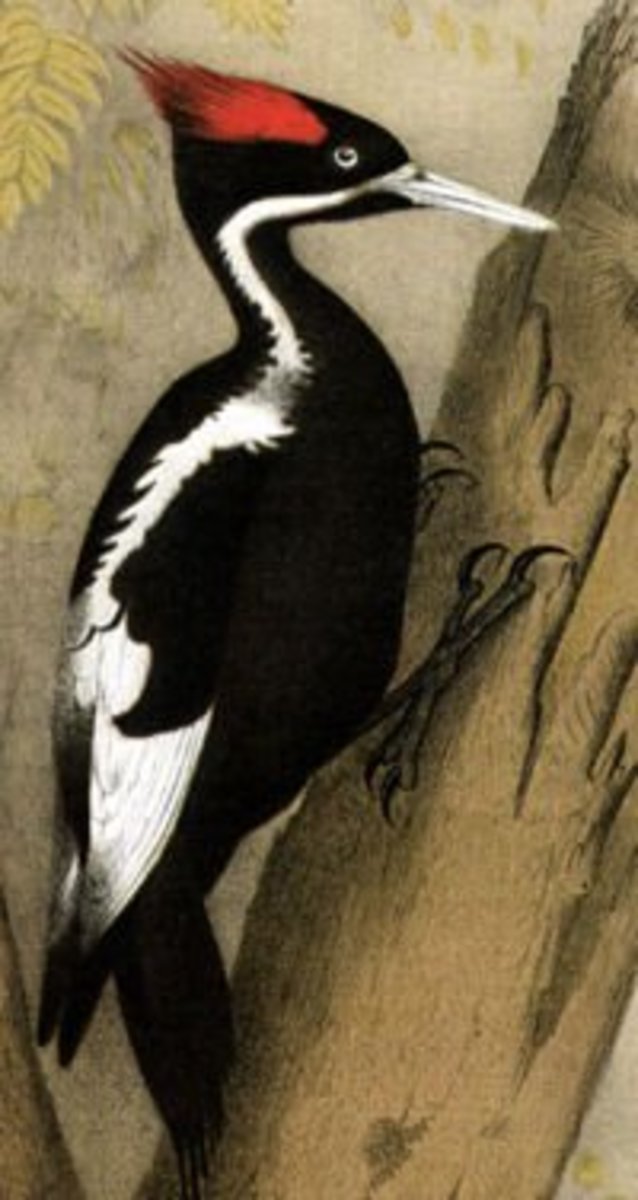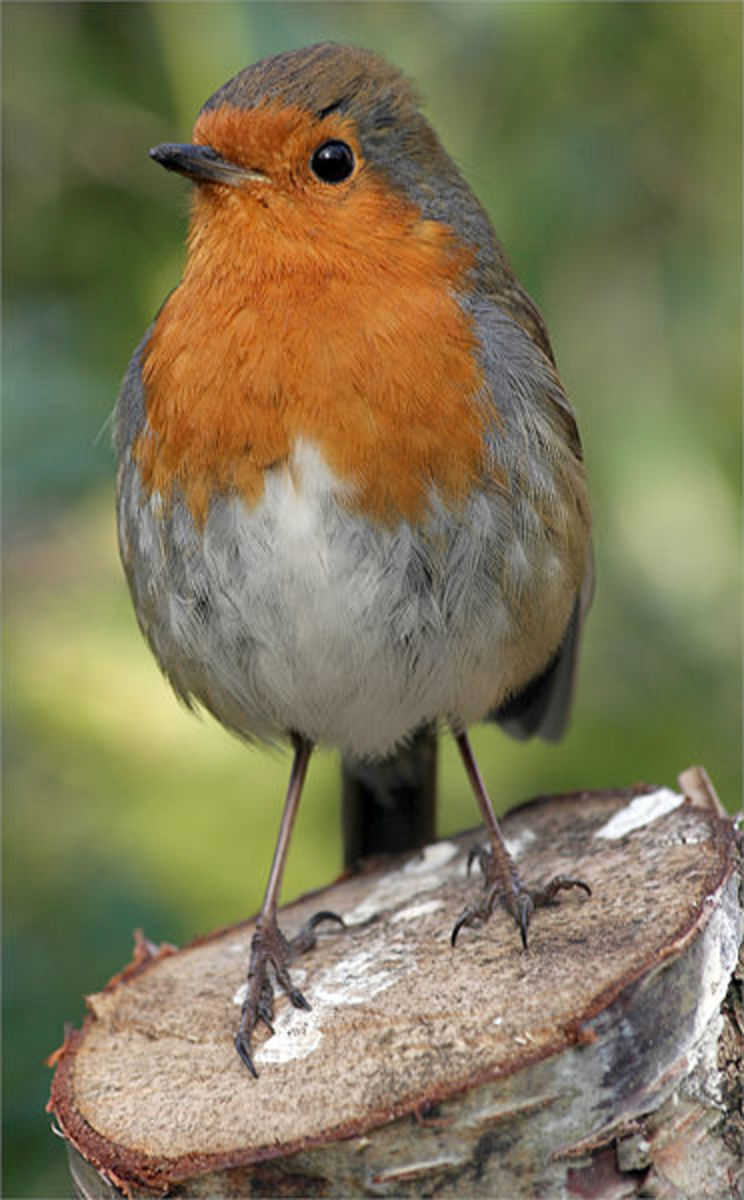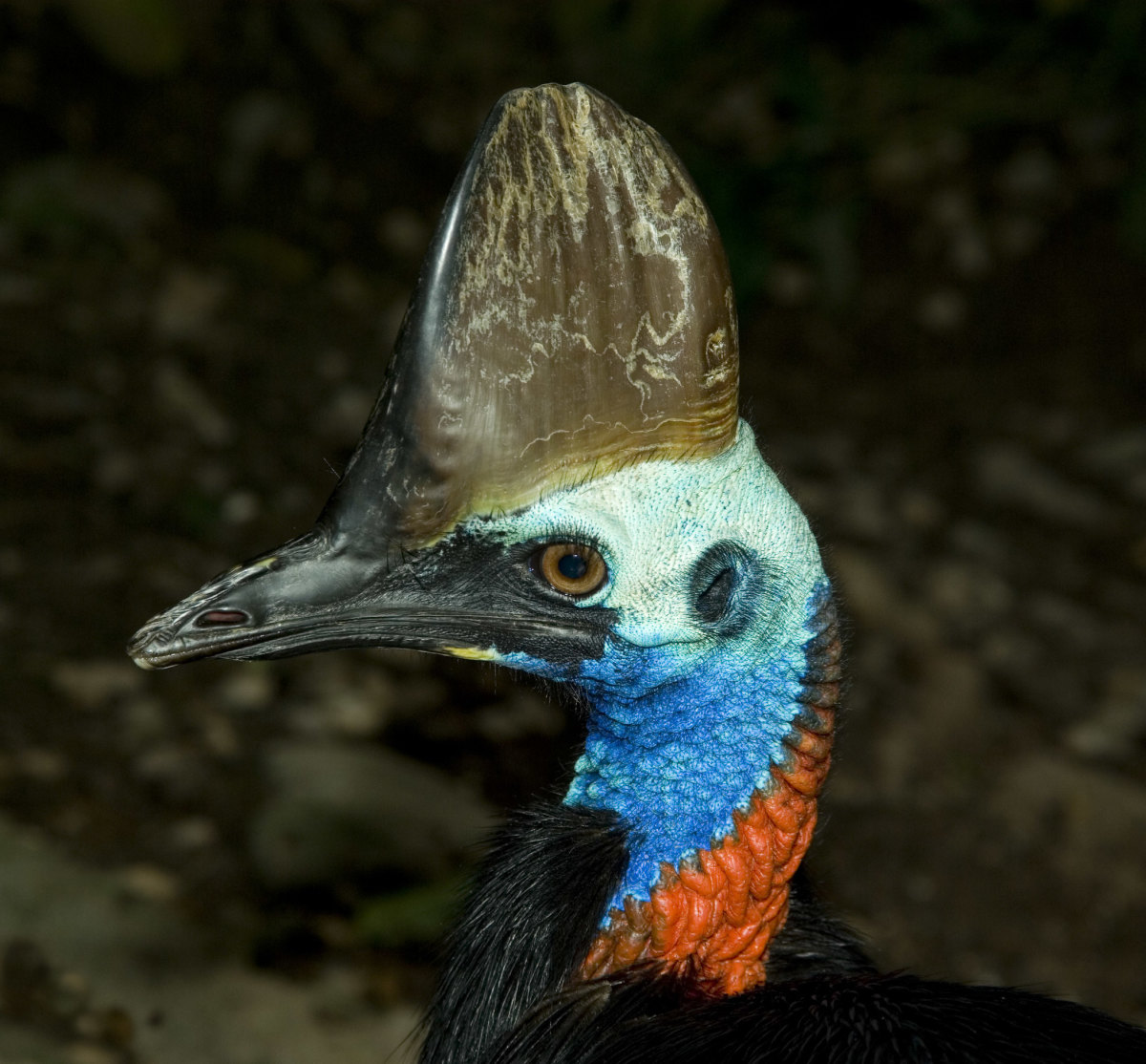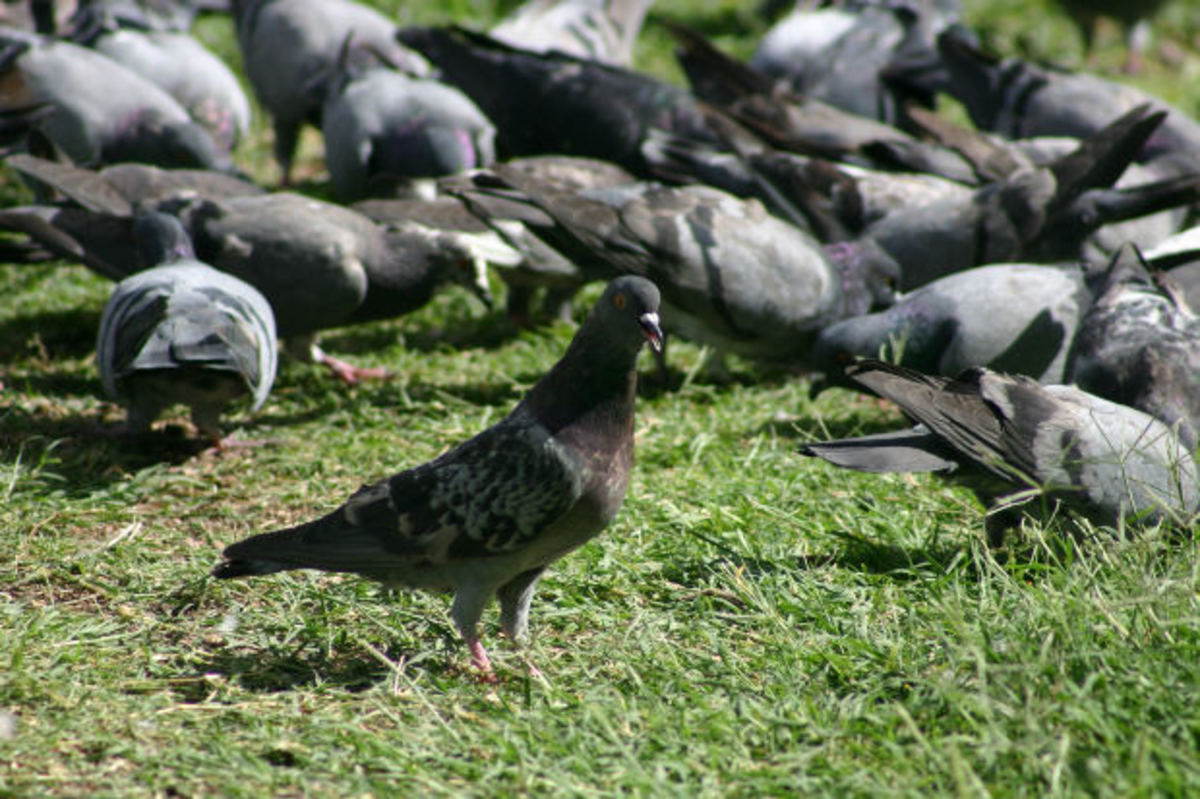Coffee Lovers Alert: Are You Unknowingly Killing Our Songbirds?
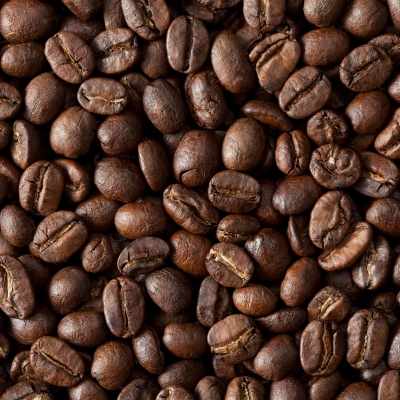
Is Cheap Coffee Really the Best Choice?
I heard it the other day in the grocery store, “Kenny, go grab Mommy some coffee, please.” The response: “okay, Mommy, but which one?” To which Mommy replied, “it doesn’t matter, just pick the cheapest one.”
Cheap does not equate to best most of the time. The best coffee beans are grown by small farmers whose livelihood depends on the quality of their crops. They take a lot of pride in what they do, and often hand down the land and the knowledge to the next generation.
Old TV Commercial: Juan Valdez for Colombian Coffee
Remember Juan Valdez?
I may be dating myself here, but does anyone remember the television commercial showcasing the iconic coffee farmer with his burro, proudly proclaiming his Colombian coffee grown high on the mountaintop to be the best? Back in the day, small family-owned, natural shade coffee farms were the backbone of the industry.
Video from tracy80sgirl brings back nostalgic memories for me!
Sun-Grown Coffee Farm
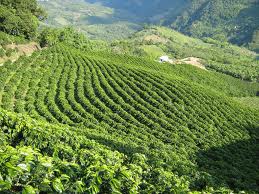
Americans Drink a Lot of Coffee
However, responding to the insatiable demands of the American consumers, industrialized agribusiness has taken over more than 40% of the shade coffee farms in Latin America. Sun-tolerant, chemical-dependent coffee varieties can be grown cheaply, but at the expense of migratory bird habitats and local economies dependent on the natural shade coffee farms. Those toxic, chemically-loaded coffee beans are used in the brand names on grocery store shelves all over the U.S.
Shade-Grown Coffee Forest/Farm
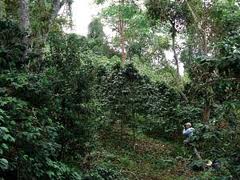
The Best Coffee Grows in Shady Mixed Forests
The best and richest organic coffee beans are produced in a natural shade environment. Not too long ago, coffee grew prolifically on mountain tops in random-aged forests in South America. In order for birds to maneuver and hide successfully, they need open spaces within the forest. Those spaces are created when a large variety of trees of different heights and ages are part of the habitat. Birds depend upon those types of forests for food, shelter and protection from predators. Lots of nooks and crannies provide the ideal conditions birds need to survive and elude animals that would make a meal of them.
Summer Tanager
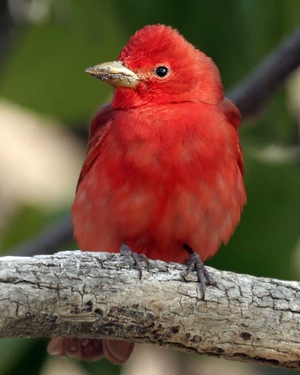
Loss of Habitat Equals Fewer Backyard Birds
The forests in Mexico, Central America, Nicaragua and Honduras are the destination of millions of migratory songbirds each year. To an alarming extent, they have been cleared, and replaced by huge, uniform-growth ranches and farms. Have you noticed fewer birds in your yard? Loss of habitat equals loss of birds, in the millions! Watching this important video, which was produced by NeotropicalBirds.org, will help you to understand the connection between coffee and our backyard birds, and why your coffee choice will ultimately determine the fate of millions of migratory birds.
Video by www.NeotropicalBirds.org
Comparison of Sun-Grown and Shade-Grown Coffee
Sun-Grown Coffee
| Shade-Grown Coffee
| |
|---|---|---|
ADVANTAGES
| Cheaply Priced
| No Chemicals Are Used Because of the Nutrient-Rich Soil of Mixed Forests
|
Provides Biodiversity and Necessary Migratory Bird Habitats
| ||
Healthy for the Planet, Humans and Birds
| ||
DISADVANTAGES
| Chemical Pesticides and Fertilizers Are Used to Speed Growth and Maximize Crop Size
| More Expensive to Produce
|
Provides No Biodiversity
| ||
Migratory Birds Lose Their Essential Habitat, Shelter and Food Sources
| ||
Unhealthy for Planet, Humans and Birds
|
Rat Snakes Love to Hunt for Birds
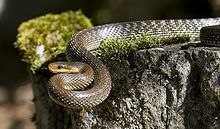
Wastelands to the Birds
To the birds, the sun-dependent coffee plantations are the equivalent of a massive expanse of concrete. They are wastelands for all the animals, plants and birds who used to live there. The biodiversity has been virtually destroyed. Songbirds have few sheltered places where they can nest and successfully hide from predators—it’s easy ‘pickins’ for feral cats and rat snakes, etc.
Migratory Songbirds Are In a Steep Decline
The alarming decline of the Wood Thrush population is one example of the detrimental effects of cheaply-grown coffee. In the 1960’s their numbers were 13 million strong; now there are fewer than 5 million. I used to hear them every summer. For the last several years none have been present to nest in my woods, or serenade me with their ethereal song. Wood Thrushes are unique in that they harmonize with themselves using 2 sets of vocal chords.
Follow this link to hear their magical song: Wood Thrush
Wood Thrush Populations Are In Decline
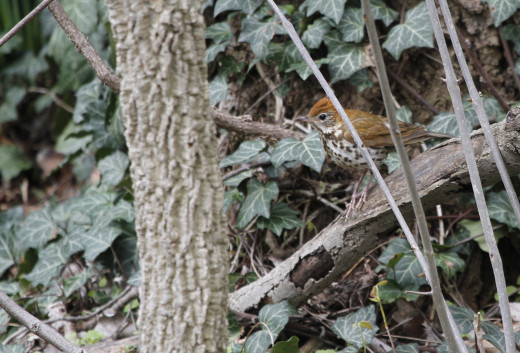
Bad Decisions Adversely Affect Our Environment
Our songbird populations are in a steep descent due to humans and their bad decisions—I’m referring to those at the government level. They know better, but they continue to sanction ill-advised and unhealthy environmental practices, which are both short-sighted and non-planet driven.
'To date, AZE has identified 595 sites that each represent the last refuges of 794 of the world's most highly threatened species. 78 of these are bird species in Latin America and the Caribbean.'
The American Bird Conservancy is working with 67 biodiversity conservation organizations in a historic effort to restore essential habitats.
There Is Hope!
The American Bird Conservancy has been working with their partners in Latin America to develop a plan to urge ranchers and farmers to grow coffee and cacao that require shade forests. This would boost the local economies by proliferating small, family-owned farms once again. Our amazing Wood Thrushes, as well as so many different songbirds, rely on these farms for their very survival.
Bird-Friendly Choices
Learn more about how to be Bird Friendly:
Make a Healthier Choice and Save Birds!
Seldom is there a cause where you can make a significant difference immediately. But this is one of those situations. The urgency is real! But this IS NOT something that will take years to produce results.
You can make an immediate difference and a much healthier personal choice by looking for and purchasing 100% Bird-Friendly® Coffee like “Birds and Beans”.
Another great one is “Smithsonian Migratory Bird Center (SMBC)”. Sure, it’s going to hit your wallet. I won’t lie to you. But consider this, would you consciously choose to exterminate a beautiful songbird every time you drink a cup of coffee, when you could save one instead?
Shade-Grown Farmers Must Meet Strict Control Guidelines
Currently there are shade coffee growers still producing the best and richest-tasting coffee, but they are subject to very strict guidelines. Quality control is necessary for certification as ‘Bird-Friendly’. No pesticides or toxic chemicals of any kind are allowed, and trees must be of different and varying heights as prescribed by the guidelines. Coffee plants are naturally mixed in with indigenous fruit and nut trees to promote biodiversity of the natural habitats.
There are many more rules to which these farms must adhere, and all this comes with a higher price tag. But, the more people choose shade-grown coffee, the sooner competition will naturally drive the price downward. The law of supply and demand will kick in here. It will become more attractive financially to produce shade-grown organic rather than chemical-laced sun-grown coffee.
REMEMBER: Just because the label boasts that it is 'Mountain Grown', that does not mean that it is shade grown. Look for the logo "Bird Friendly" to be absolutely sure.
Now That You Have The Facts, Which Coffee Will You Choose?
Choose Planet-Healthy Shade-Grown Coffee
It is time we sent the message that the almighty dollar should not be the sole consideration. The importance of birds and animals has long fallen by the wayside in pursuit of the power of big bucks. The lives of our birds literally hang in the balance. You can help restore the biodiversity and therefore the health of our planet. If you don’t, who will? We need to take our planet back; we can no longer leave it in the hands of money-driven politicians and big business interests.
Links to Online Sources for Shade-Grown Bird-Friendly Coffee
Only One Grocery Chain So Far
I was able to find only one grocery store chain that sells shade-grown bird-friendly coffee at the time of this writing: www.wholefoodsmarket.com.
But there are quite a few online sources, and I have listed only some of them in the links box to the right.
Hopefully, as consumers realize the importance of making a better coffee choice, grocery store managers and owners will begin to stock them.
In the meantime, you can taste test several, decide which is your favorite, then go to your local grocery store and ask that they stock that particular brand! If they want to keep your business, it is in their best interest to accommodate their customers.
*Note: I added this information in response to an excellent question from hubber 'SandCastles'.

'You can create yard and garden habitats that Help Birds Survive and Thrive'
Read more by visiting grandmapearl.hubpages.com; and
Join me at Rusticbarnwoodbirdhouses to discover more about wildlife in general, and birds in particular.


